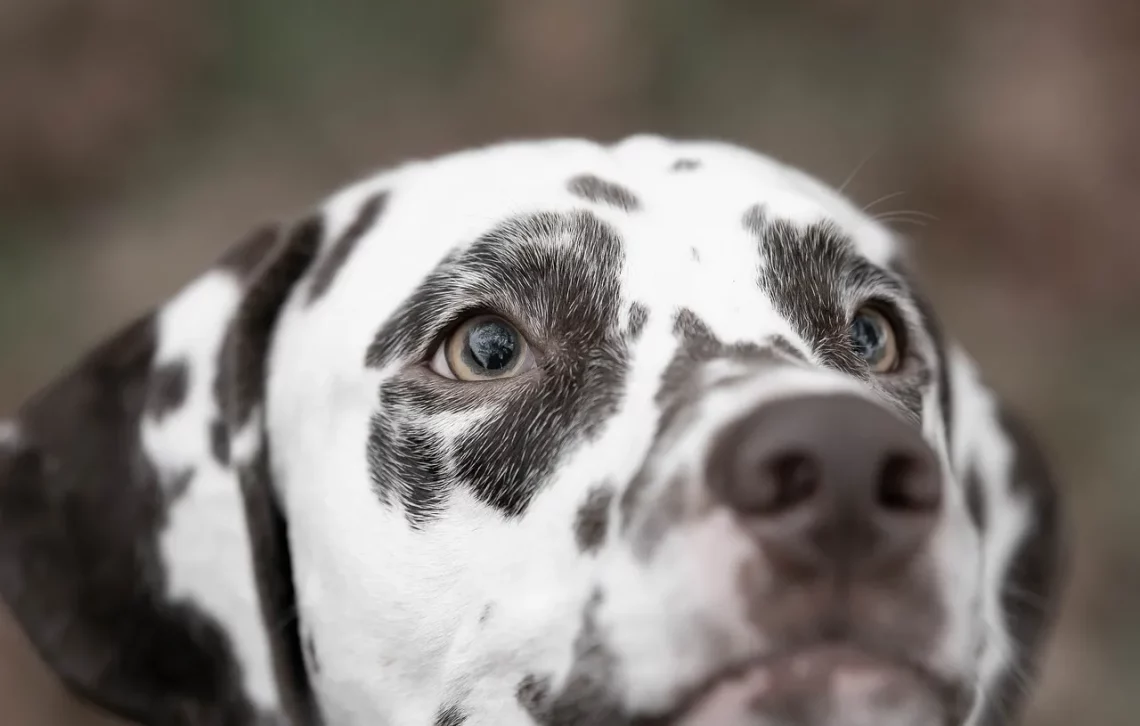
Understanding Why Your Dog Is Swallowing a Lot: Causes and Solutions
Understanding why your dog is swallowing excessively can be a perplexing concern for many pet owners. Dogs may display various behaviors, and increased swallowing can often signal underlying issues that need to be addressed. Swallowing is a natural reflex, but when it becomes excessive, it can lead to discomfort for your pet and anxiety for you as an owner. Identifying the root cause is crucial for finding the appropriate solutions.
From environmental factors to health-related issues, there are numerous reasons why your furry friend might be gulping down air or saliva more frequently than usual. This behavior can sometimes indicate something as simple as an upset stomach but can also be a sign of more serious health problems. Understanding your dog’s body language and accompanying symptoms can provide valuable insights into their well-being.
As you navigate this issue, it’s essential to remain calm and observant. Your dog’s health and comfort should always be the priority, and being proactive about any changes in behavior is key. By fostering an understanding of why your dog may be swallowing a lot, you can take the necessary steps to ensure their happiness and health.
Potential Medical Causes for Excessive Swallowing
One of the primary reasons your dog may be swallowing a lot is due to various medical conditions that could be affecting their digestive system. Conditions such as gastroesophageal reflux disease (GERD) or esophagitis, which involves inflammation of the esophagus, can cause discomfort and lead to increased swallowing. Dogs may try to mitigate the irritation by swallowing more frequently, hoping to soothe their throats.
Another potential medical issue is the presence of foreign objects in the mouth or throat, which can lead to a sensation of discomfort. Dogs are notorious for exploring their surroundings and might accidentally ingest or get something lodged in their throats, causing them to swallow excessively in an attempt to dislodge it. Signs of distress, such as coughing or gagging, can accompany this behavior.
Additionally, certain infections or diseases can contribute to increased swallowing. For instance, a throat infection might cause inflammation and discomfort, resulting in more frequent swallowing as the dog tries to alleviate the irritation. If your dog is exhibiting other symptoms, such as lethargy, loss of appetite, or vomiting, it is crucial to consult a veterinarian for a thorough examination.
Lastly, allergies can play a significant role in this behavior. Allergic reactions can lead to throat irritation, making it uncomfortable for your dog to swallow normally. Identifying and avoiding allergens in your dog’s environment can help alleviate this issue. Overall, if you notice persistent excessive swallowing, it’s vital to seek veterinary advice to rule out any serious health problems.
Behavioral Factors That Contribute to Increased Swallowing
In addition to medical issues, behavioral factors can lead to excessive swallowing in dogs. Stress and anxiety are significant contributors to this behavior. Dogs can experience stress from various sources, including changes in their environment, the introduction of new pets or family members, or even loud noises. When anxious, dogs may engage in behaviors like excessive swallowing as a coping mechanism.
Boredom can also lead to increased swallowing. Dogs that lack mental stimulation or physical activity may resort to repetitive behaviors, including swallowing. Ensuring your dog receives adequate exercise and mental engagement through play, training, and socialization can help reduce this behavior.
Another behavioral aspect to consider is the impact of feeding routines. Dogs that eat too quickly may swallow air along with their food, leading to excessive swallowing afterward. If you notice your dog gulping their food down in seconds, consider using slow feeder bowls or puzzle feeders designed to make mealtime more challenging and engaging. This can help them eat more slowly and reduce the likelihood of swallowing air.
Additionally, some dogs may develop a habit of swallowing excessively due to previous experiences. For instance, if a dog has had a negative encounter with food or has had to swallow something unpleasant, it may associate eating with discomfort and resort to increased swallowing. Monitoring your dog’s eating habits and addressing any negative experiences can be beneficial in breaking this cycle.
Environmental Factors Influencing Swallowing Behavior
Environmental factors can also play a significant role in why your dog may be swallowing excessively. Changes in their surroundings, such as moving to a new home or the presence of unfamiliar animals, can create anxiety and lead to increased swallowing. Dogs are sensitive creatures, and any disruption to their routine can trigger stress responses.
Temperature and humidity can likewise affect swallowing behavior. Dogs may experience discomfort in extreme heat or cold, leading to increased swallowing as they try to regulate their body temperature or cope with throat irritation. Providing your dog with a comfortable environment and ensuring they are not exposed to extreme weather conditions can help alleviate these concerns.
Moreover, the type of food or treats you provide can impact swallowing behavior. Dogs may be more prone to swallowing excessively if they consume dry kibble without sufficient moisture. Ensuring your dog has access to fresh water and considering incorporating wet food or adding water to their kibble can help them swallow more comfortably.
Additionally, certain household products or chemicals can lead to throat irritation or discomfort, prompting your dog to swallow more frequently. Be vigilant about the cleaning products, air fresheners, or other chemicals you use in your home, as some may not be safe for pets. Opting for pet-safe products can create a healthier living environment for your dog and reduce the likelihood of excessive swallowing.
When to Consult a Veterinarian
Understanding when to seek veterinary help is crucial when dealing with excessive swallowing in dogs. If your dog’s swallowing behavior is accompanied by other concerning symptoms such as vomiting, coughing, lethargy, or a loss of appetite, it’s essential to consult a veterinarian promptly. These signs may indicate a more serious underlying condition that requires immediate attention.
Additionally, if your dog displays signs of pain or distress while swallowing, it’s crucial to seek veterinary advice. Painful swallowing or difficulty swallowing can be indicative of conditions such as throat obstructions or severe infections that need to be addressed quickly.
Regular check-ups with your veterinarian can also help identify potential issues before they become serious. Your vet can provide guidance on your dog’s overall health and wellbeing, ensuring that any changes in behavior, including excessive swallowing, are monitored and addressed appropriately.
While it’s natural to want to resolve issues on your own, prioritizing professional veterinary advice can ensure the best outcomes for your furry companion. Remember, being proactive and attentive to your dog’s behavior can significantly improve their quality of life.
**Disclaimer**: This article is not intended as medical advice. Always consult with a veterinarian for health-related issues concerning your pet.




